Money sayings that don't make sense
Financial sayings you shouldn't believe

‘Neither a borrower nor a lender be’

When he wrote these words for Polonius in Hamlet, William Shakespeare probably didn’t expect them to be regurgitated centuries later. Originally, the quote was taken to mean that one should never borrow money because it leads to the destruction of a friendship. But there weren’t any banks around in the 16th century. Now, it makes sense to borrow money for big purchases – like a house – and pay it back, or to have a credit card to supplement cash flow so long as you can meet repayments.
‘Never spend money before you have it’
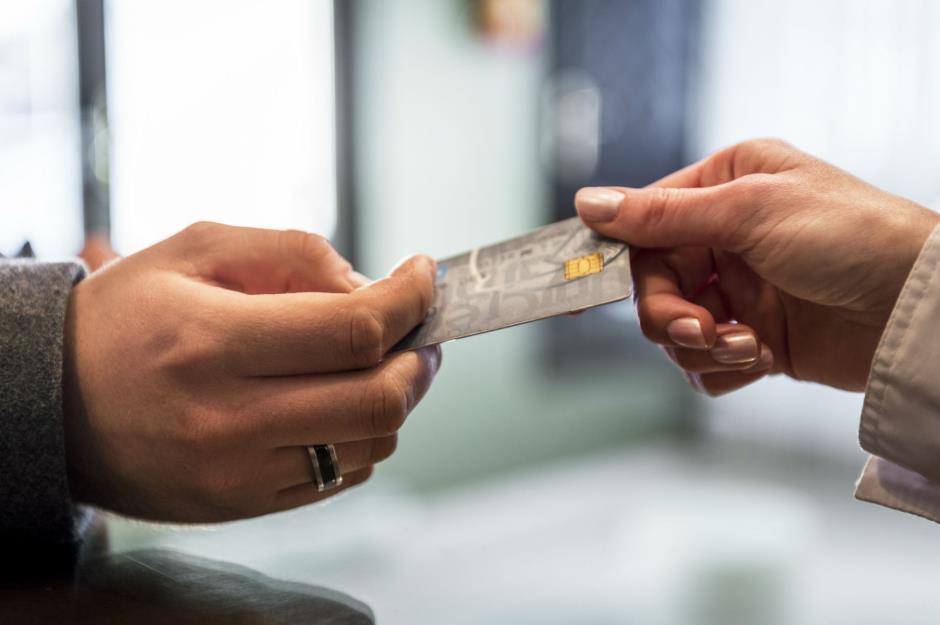
Speaking of credit cards, Thomas Jefferson’s famous quote was in an era before them too. While it is not advisable to spend beyond your means, you can spend money you don’t physically have by making a purchase on card, again as long as you know you can meet your monthly repayments. Be careful not to go into debt though.
Sponsored Content
‘Cash is king’

This saying refers to the importance of cash and cash flow in a successful business. The value of cash can also be wiped out by other factors, such as inflation or market crashes. So it isn’t practical to adhere to a "cash only" and "cash is everything" attitude as you go through life, because you could get caught out, and badly so. What's more, the current pandemic has led many businesses to go cashless or stop handling cash to reduce the risk of infection, so it doesn't make good business sense to have a cash-only approach in this day and age.
‘Pay beforehand was never well served’

Back in the 1950s, this saying came from the belief that one should never pay for food or services before they receive them. Now, however, there are many things in life you must pay for before you can access them. For example: booking a flight, booking accommodation or buying a car. You’ll do well to find a flight you can pay for upon landing.
‘You should never get into debt’

For materialistic purposes – like a new sports car or a holiday – it’s probably not wise to get yourself into a lot of debt just because you want something. However, when it comes to going to university or buying a house, for example, it is sensible to take a loan or a mortgage to make the purchase as it will benefit you in the long run.
Sponsored Content
‘It’s always better to use cash’

Not putting anything on a credit card is a surefire way to avoid a hefty credit statement but refusing to use a card instead of cash may lead to you missing out on cashback and other deals on offer. The use of credit cards for purchases such as jewellery is particularly sound when abroad because of the travel insurance offered by most companies.
‘You don’t need an emergency fund when you have credit’
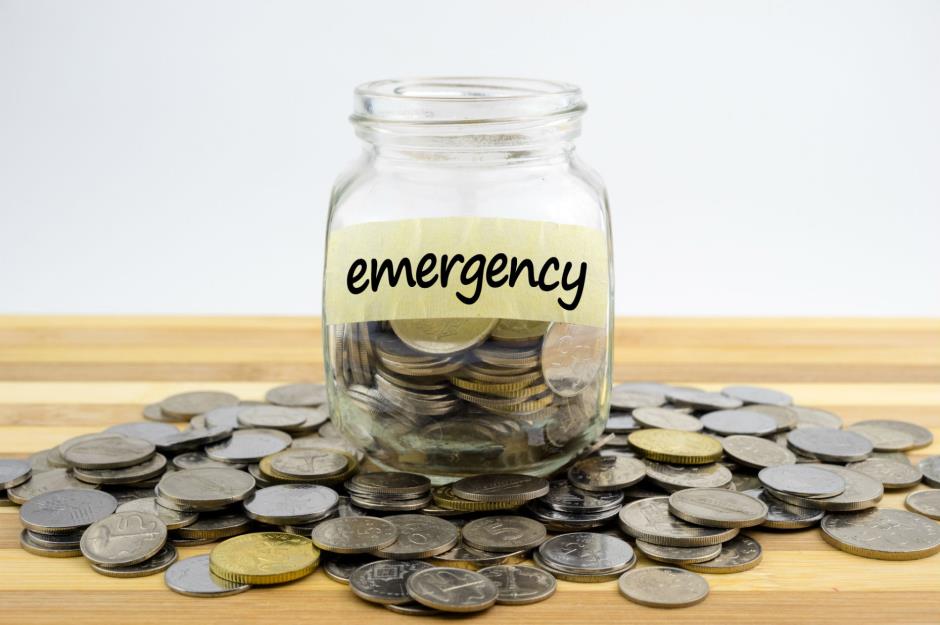
Credit cards are useful for paying for big purchases, but a piece of plastic isn’t always the answer in a crisis, especially when it comes to larger payments like mortgages or school fees. As the pandemic has shown us, nobody knows what is around the corner and when hard times may fall. Even putting a small amount a week away in a savings account and knowing it’s there as a fallback is vital, as you never know when you might need it.
‘Budgeting is essential’

While it’s true that budgeting can help many people stay on top of their finances and save money, for others it’s an unnecessary headache and they can save money easily without needing to keep one. One proponent of the anti-budgeting strategy is 29-year-old blogger Sean, nicknamed “The Money Wizard”, who’s written about how he's saved nearly $325,000 (£263k) in his 20s without budgeting. He keeps a track of his growing net worth here.
Sponsored Content
‘Renting is like throwing money away’

‘Scholarships reduce college cost’
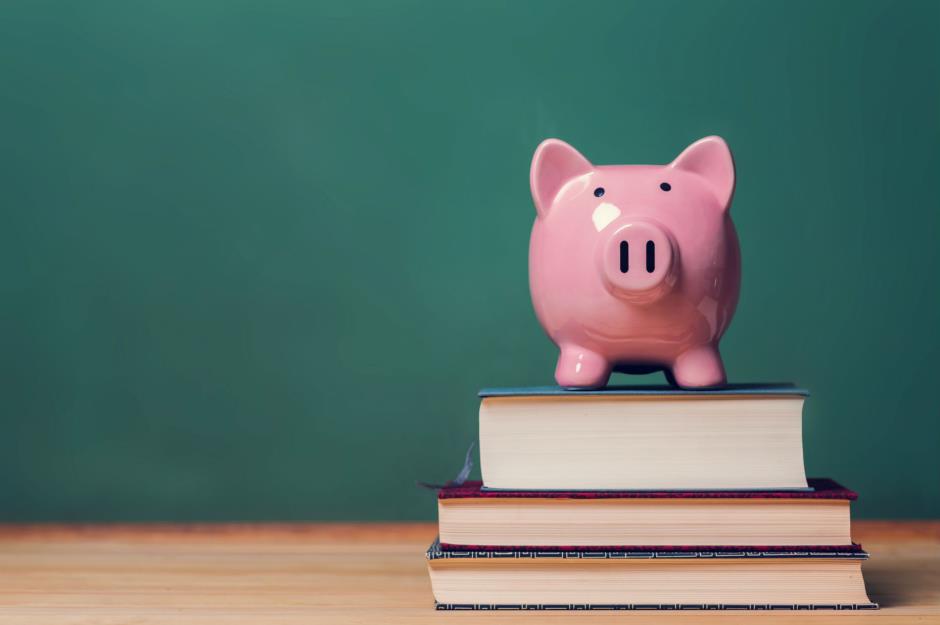
‘I'm too young to save for retirement’
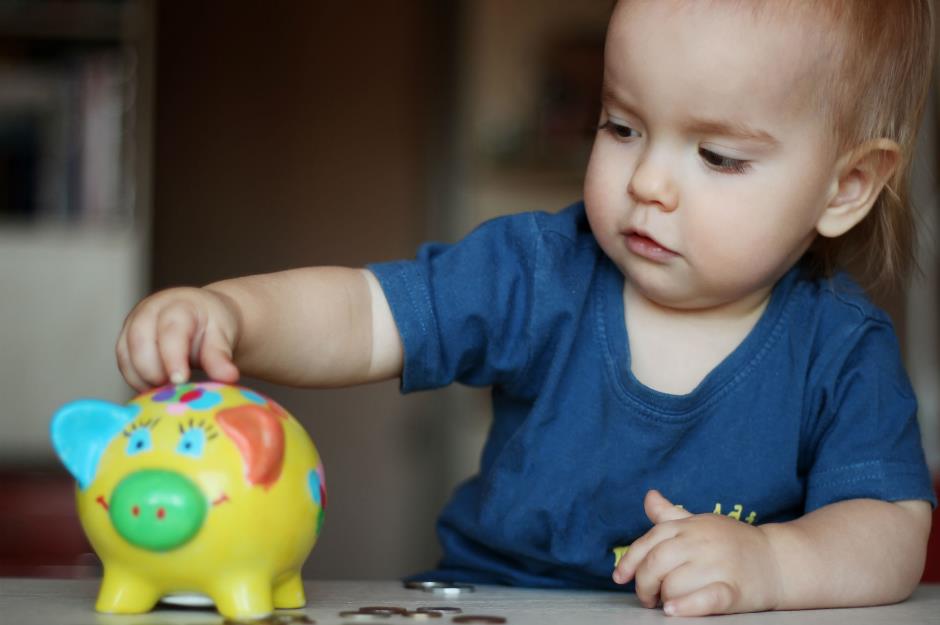
Sponsored Content
‘I'm too old to start saving’

Not really – you’re never too old to do anything. If you find yourself without any savings at 50 but plan on working until you are 60 or 70, you have a good 10 or 20 years to save for your future.
‘Blue chip shares are as safe as houses’

Blue chip stocks and shares, which come from well-established companies. are generally thought to be some of the safest investments out there. However, crises such as recessions and the current pandemic prove that even the biggest companies can crumble if they run into a rough patch, and no financial market is ever completely safe from a financial crash.
'High risk means high return'

Sponsored Content
'Sell in May and go away'

This old stock market adage comes from the belief that the stock market generally performs worse between May and October than it does in the other six months. It derives from a saying coined by the wealthy in England: "Sell in May and go away. Come on back on St. Leger’s Day". St Leger's Day falls in mid-September and is the date of a famous English horse race, the St Leger Stakes. However, the flaw with this saying is markets often doesn't underperform over these months, so by selling and removing your money from the markets you're missing out on potential returns.
‘Buying in bulk is a waste of money’

People say that if you don’t need something in the immediate future, leave it on the shelf. While this may be true for perishables, you can actually save yourself money in the long run by buying certain goods in bulk. Toilet tissue, for instance, doesn’t go out of date and often larger multipacks with 30 or 40 rolls are cheaper than four of the smaller packs. There's one big caveat, though: stockpiling during crises such as the current pandemic can lead to shortages, meaning that there's not enough to go around for those that need it. Exercise good judgement and make sure there's ample supply before stocking up on something.
‘DIY saves money’

Although many have turned to DIY during lockdown, be wary that it can often prove expensive and time consuming unless you really know what you’re doing. Buying paint, rollers and dust sheets to paint a large lounge, for example, can often prove costlier than shopping around for a tradesperson who can have it done in a couple of hours, bringing along their own tools. And there are some jobs that someone who is unqualified just shouldn’t take on, no matter the cost, such as rewiring.
Sponsored Content
‘If I die without a will, my spouse will inherit everything’

‘Deferring taxes is a good way to keep your money’
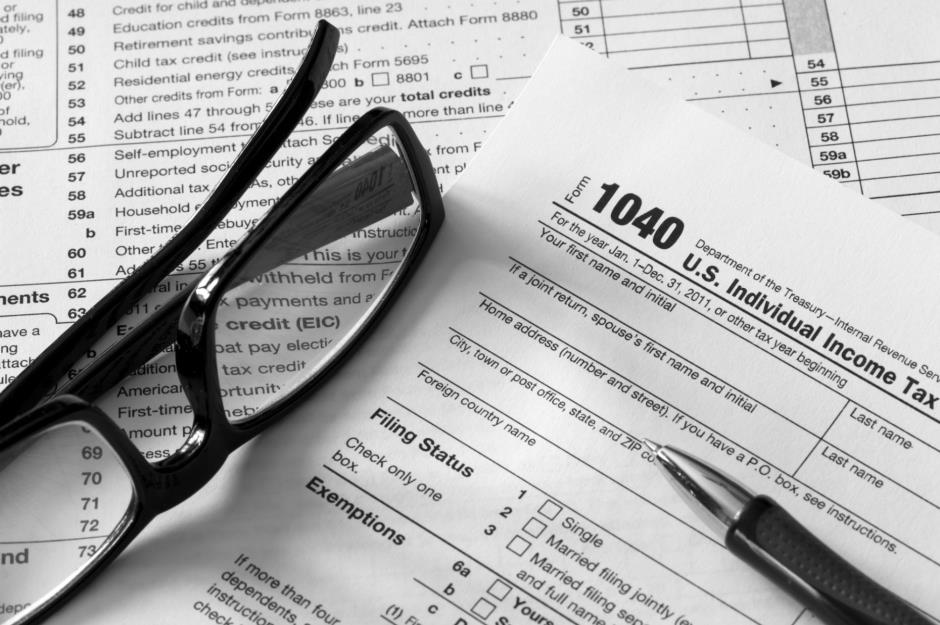
‘Every time you borrow money, you’re robbing your future self’

Nathan W Morris’s advice isn’t always applicable. The author of Your 33 Day Money Action Plan suggests that by borrowing you are taking something away from your future but, in fact, borrowing could be the way to secure your future. If you borrow to buy a house then yes you get a mortgage – but also a roof over your head.
Sponsored Content
‘Stop giving away your time and talents. Value what you know and start charging for it’

CEO and social media marketer Kim Garst has her own version of the "never work for free" debate. Garst reckons that if you don’t value your time, nobody will and so you should charge for your talents. But a little bit of charity can go a long way, as can volunteer work with those less fortunate than you – regardless of how much money you yourself have.
'Buy the rumour, sell the news'

This phrase refers to stocks and is based on the idea that stock prices move in anticipation of rumours, then rebound after the news comes out. Traders therefore buy stocks when the rumour comes out and sell them when the news has broken, making a profit. However, it can be a risky tactic, because it's always possible that the actual news will differ significantly from the rumour, which can lead to big losses.
‘Money can’t buy you happiness’

Some studies have shown that there is a positive link between money and happiness. The fact is, the financial security and quality of life provided by earning a certain amount does make us happier, but that's not to say that being super-rich will necessarily lead to happiness.
Sponsored Content
‘Money is the root of all evil’

People have a choice between good and evil, regardless of their financial status. While there's no doubt that money does drive heinous crimes and injustice across the world, it's also used for a tremendous amount of good, through charities, world-changing research and global organisations. A sweeping generalisation like this simply isn't helpful and money, in and of itself, is neither good nor bad.
Now read some financial lessons we've learned from the pandemic
Comments
Be the first to comment
Do you want to comment on this article? You need to be signed in for this feature